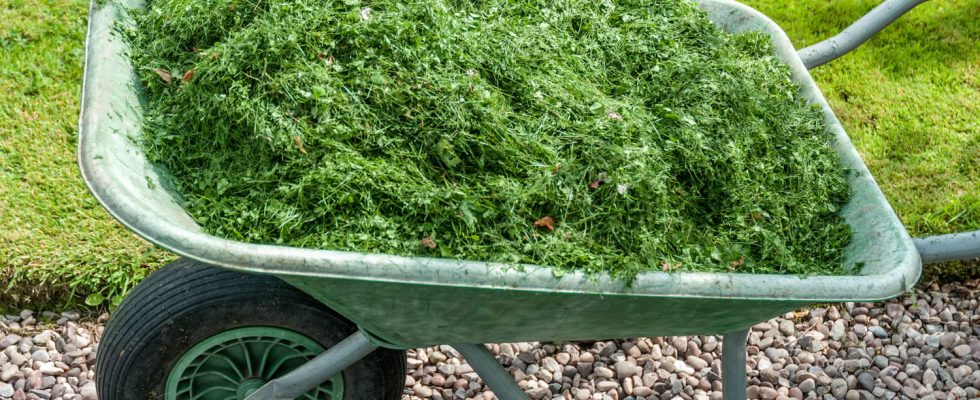If you were planning to dispose of your lawn clippings at the recycling center, it is now prohibited in this French city, and no exceptions are made.
In many cities, the management of green waste, particularly lawn clippings, has become a major concern. The latter alone represent 30% of the plants deposited in landfills. It is difficult for communities to recycle this waste, and this has a significant processing cost. Some municipalities therefore adopt strict policies prohibiting the disposal of lawn clippings in the recycling center, without any exception.
This is the case for example in Rennes in Brittany, where since January 1, 2024, you can no longer deposit your grass clippings in the Rennes Métropole recycling centers. This only concerns grass clippings. Hedge trimmings and branches will continue to be accepted in recycling centers. On the other hand, there will no longer be any collection of plants (mowing, pruning, dead leaves, etc.) at home in the intra-ring road sector of the city.

The aim of this decision is to encourage the people of Rennes to recycle this waste at home. This measure can be explained for two major reasons. Rennes, like many other cities, faces growing challenges when it comes to waste management. Lawn clippings represent a significant portion of this waste, and their inappropriate disposal can result in high costs for the community, as well as harmful environmental impacts.
Rennes Métropole explains in a press release that if mowings are wrongly considered “green waste”, plants are fantastic resources for our gardens. By prohibiting the dumping of lawn clippings at the recycling center, the municipality is seeking to encourage residents to adopt domestic composting practices.
Composting green waste at home not only reduces the quantity of waste sent to landfill or incineration, but also produces a natural and beneficial fertilizer for the soil. Keeping your clippings also saves water by reducing the frequency of watering thanks to the mulching created by grinding garden plants.
Among the alternatives proposed to the people of Rennes are domestic composting, or simply leaving the cut grass on the ground, also called “mulching”. This technique, which may seem unsightly and impractical for some, nevertheless has many advantages, in particular that of making the lawn greener and more resistant to drought. On the other hand, it can be difficult to find composting spaces, especially in urban areas where outdoor space is limited.
